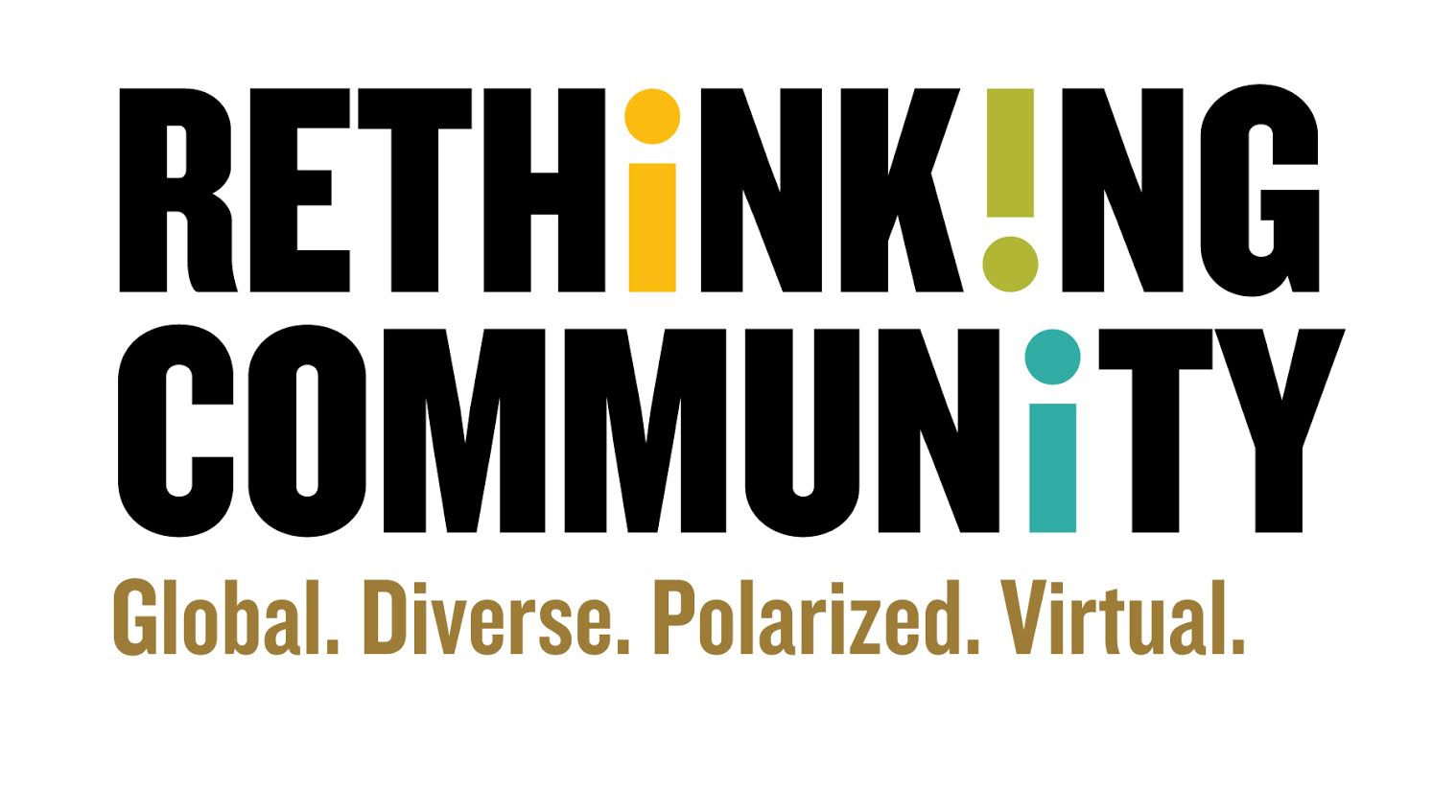Divisiveness has long permeated society. Yet, somehow after this most recent election and a broader movement towards disunity in this country and beyond, something is different.
It is now more than ever crucial that campus communities such as Wake Forest grow stronger and grow together.
After an initial charge from Provost Rogan Kersh in line with similar conversations across higher education, the Rethinking Community initiative seeks to do exactly this: to encourage closer ties within the Wake Forest network, but also to help individuals understand what it means to live in community in a polarized, constantly changing world.
“Wake Forest has a pair of important traditions that helped inspire this idea,” Kersh said. “For about a decade starting in the mid-1990s, the university declared a campus-wide theme for each academic year. Much as we hope a year of Rethinking Community will, each theme year included performances, invited speakers, town halls, classroom discussions and the like — all devoted to a common topical focus.”
The four key words associated with Rethinking Community are “virtual, diverse, polarized and global,” which work to describe the ever-changing political atmosphere. Following other trends within higher education, the new initiative hopes to explore how Wake Forest can progress in an increasingly virtual and divided world.
“This ‘Rethinking Community’ idea owes much more to the awareness that our students (graduate/professional and undergraduate) must navigate a U.S. society that is very different — more polarized, virtual, diverse and global — from the past, with powerful implications for how we live in community with one another,” Kersh said.
The Provost’s office spearheaded the new initiative by reaching out to students to learn what they would like to see around campus. This began with the introduction of a steering community of students to review proposals to determine programs for the year. Additionally, other voices on campus were invited to participate in initial planning efforts.
“A dinner at Provost Kersh’s home was made up of a random assortment of students, faculty and staff of the university and we were given one question to prepare an answer for: if you were bringing one of your friends to your hometown, who is one person you’d have them meet outside of your family and why,” said Jordan Monaghan, student government president. “We all shared our answers and then the conversation transitioned later into discussing what qualities make a successful leader and what values we view as necessary to a cohesive community.”
Specifically, the new program hopes to introduce new events, speakers and artist displays to campus in order to promote and demonstrate the ideas associated with Rethinking Community. Matthew Williams, the director of communications for the office of diversity and inclusion, played a large role in the initial planning stages of the initiative.
“We will invite experts, people studying each of these pillars as well as host performances and programs that speak to some of these dynamics,” Williams said. “These presentations will help others gain an appreciation for diversity or global cultures in addition to understanding the benefits and challenges of technology in a virtual world. We want to figure out how to mitigate polarization to bring people together from opposing sides or different experiences.”
Specific examples include inviting a researcher who focuses on the relationship between data analytics and human rights, demographers able to speak truth to diversity or performers and artists from different countries to share their experiences with the role art takes in building community.
However, along with most new programs comes the question of funding, especially when tuition was just announced to increase 3.65 percent for the upcoming academic year. Rethinking Community has funds set aside to host events and individuals to come to campus, as well as pre-existing funds in other student offices. Further, the Provost’s office plans to award grants to student groups, faculty and staff to bring these prominent voices to campus.
While the program is still in the initial phases, knowledge about it and its defined goals remain relatively unknown to students. To provide transparency to the campus community and to seek student involvement, Kersh sent an email to the student body explaining Rethinking Community, inviting them to informational sessions and encouraging proposals for events, speakers and programs.
Beginning in the Fall, the new program will invite powerful voices recommended directly from students to campus in order to engage students and faculty with each other, the university and the world.
“This is an opportunity for people to really think big about what they want to see happen at Wake Forest as it relates to building a stronger community,” Williams said.













